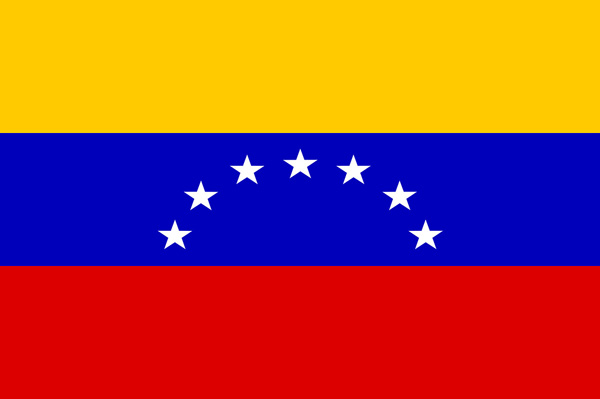Venezuelan immigrant crisis grows as New York City limits shelter support

[A Venezuelan flag. Photo Credit to Pixabay]
On October 3, 2024, New York City officials announced that the city would no longer guarantee shelter for newly arriving migrants, including those from Venezuela due to severe capacity constraints and budget limitations.
Mayor Eric Adams emphasized that the city’s shelter system, currently housing over 60,000 migrants, has reached its breaking point.
This policy shift coincides with one of the largest mass displacements in recent history - the Venezuelan migration crisis - which continues to impact communities across the Americas.
The decision has brought intense debate among policy makers, humanitarian organizations, and local residents about the city’s moral and legal obligations.
According to the United Nations, as of October 2024, more than 7.7 million Venezuelans have left their home country since the crisis began.
This exodus represents nearly one-quarter of Venezuela’s total population and stands as one of the largest displacement crises in the world, surpassing even the Syrian refugee crisis in scale.
A dramatic drop in global oil prices dealt a critical blow to the oil-dependent nation, while economic mismanagement and corruption under President Nicolas Maduro led to hyperinflation that peaked at over 1,000,000% in 2018, making essentials like food and medicine unaffordable.
Recent reports indicate that despite some economic stabilization measures, inflation remains stubbornly high at around 400% annually, continuing to drive migration.
The impact has rippled across the Western Hemisphere.
Countries across South America, including Colombia, Peru, and Brazil, have taken in the majority of Venezuelan refugees, but these numbers have placed significant strains on host countries’ resources.
These nations have demonstrated remarkable solidarity, but the continuing influx of migrants has tested their capacity to provide adequate support and resources.
Recently, the flow of Venezuelan migrants has shifted northward toward the United States, introducing both challenges and benefits to local economies.
Border officials report processing considerable numbers of Venezuelan migrants daily at various points of entry along the southern border.
Many migrants bring valuable skills and experience to the workforce, yet their arrival has also placed additional stress on U.S. immigration courts, shelters, and border facilities.
The U.S. government, in response to the growing crisis, granted Temporary Protected Status (TPS) to some Venezuelan migrants on September 20, 2023, allowing them to live and work legally.
This protection extends to Venezuelans who arrived in the United States before July 31, 2023.
However, advocates argue that further measures are needed to support the millions of displaced Venezuelans.
Humanitarian organizations estimate that substantial additional funding is required to address immediate housing and medical needs.
Local voices have expressed concern over New York City’s policy.
Zoe Canoe, a student from Lake Forest Academy, has been actively raising awareness about the situation.
“It’s heartbreaking to see innocent citizens uprooted from their homes and then facing such hostility and lack of support upon arrival,” she said.
Zoe emphasized the need for global attention not only on the exodus but also on how migrants struggle in host countries, including the United States.
Elyse Brant, also a senior from Lake Forest Academy, echoed similar concerns, underscoring that human rights violations often continue after Venezuelans reach safety.
“We need to pressure lawmakers to extend TPS and ensure that those fleeing Venezuela are not met with barriers like insufficient shelter,” she stated.
With temperatures dropping and winter approaching, advocates are urgently calling for expanded refugee programs and increased humanitarian aid to address the crisis.
The need for a humanitarian response is urgent, as local governments and charities scramble to provide housing and legal support for these migrants, with some experts warning of a potential humanitarian emergency if additional resources are not mobilized quickly.

- Erin Cho / Grade 12
- Lake Forest Academy

![THE HERALD STUDENT REPORTERS [US]](/assets/images/logo_student_us.png)
![THE HERALD STUDENT REPORTERS [Canada]](/assets/images/logo_student_ca.png)
